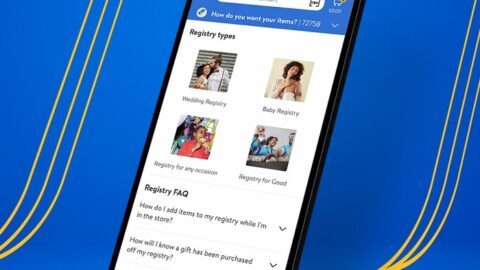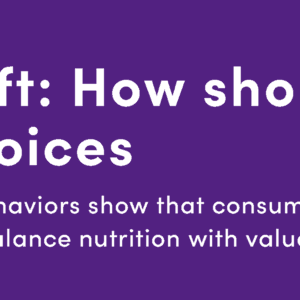By Mark Begin, President of asknet
The world marketplace is within reach and creating great opportunities to sell products globally at minimal expense. The advancing age of the internet and expansion of network technology to all corners of the globe is changing the way businesses need to think about marketing and selling their products.
Businesses of all sizes are considering a global approach to sustain ongoing growth, and mitigate competitive pressures. The number of internet users worldwide continues to trend upward and usage in emerging markets is rapidly increasing as consumers see the benefits and are shifting from traditional brick and mortar businesses to e-tailers. But even traditional brick and mortar businesses are expanding beyond their local market by leveraging online channels, because they can build and strengthen their global brand, extend reach, leverage small incremental costs and thus generate revenue.
A global presence not only opens new markets and creates new revenue streams; it can also protect your business against the vagaries of a single economy. However, ease of entry does not guarantee success. E-tailers including software publishers must customize the product, presentation and customer experience for local markets in order to succeed. The following 5 Steps are essential to achieving success in global markets.
Advertisement
1. Localized and customized software. Familiarity is the key to success when expanding to a global market. Your company software and everything connected with the transaction process should meet local preferences and specifications. Your web packaging and pages should be in the local language and consumers should be able to transact according to familiar, local processes.
2. Localized shopping cart. Your shopping cart and check out experience should be user friendly as defined by the local market and provide a familiar shopping environment. For example, in Ireland postal codes are not used. If your pull down menu has the country but requires a postal code Irish customers will not be able to complete the check out process.
3. Localized payment options and currencies. Markets vary in how they like to pay for online purchases. In the U.S. credit and debit cards are a preferred method of payment for online purchases but in Germany approximately 85% of consumers use bank transfers for remote payments. Taxes in the U.S. are the same across a state but in other countries there are many variances and complexities.
4. Customer support in local language. Retailers may overlook the necessity of support options in the local language. Whether via email, phone, or IM, ensure that customers can obtain support in their local language.
5. Localized eMarketing services to optimize go to market strategies. Ensure that your marketing strategies are aligned with the local customs. For example, you may use discounting strategies to attract new customers but in Japan discounting implies that the product is low quality. Your marketing and copy should be carefully translated as misspelled words can have a negative impact on your branding. Even your creative campaigns should align with the local marketplace. Colors and their meaning vary around the world. In western nations white symbolizes purity and cleanliness but in Japan and other eastern countries it symbolizes mourning. Red symbolizes love and romance in Western culture, but good luck and fortune in China. Ensure that the details of your creative campaigns convey the right message in the local market.
Expanding your global presence is not about taking a singular approach and applying it across a broader geography but truly creating an environment and experience that matches local customs and preferences. Global success requires that you tailor the experience to the region, enabling local markets to transact business based on their familiarity and customs.
To localize the shopping experience and ensure that it is consistent with regional practices, partner with an expert who understands local market intricacies such as cash collection, export control, VAT handling, local and state taxes, and compliance with local laws and regulations. Going global is a business savvy move and by respecting local customs retailers can expand their market opportunity and profits.
Mark Begin joined asknet Inc. in 2007 as President, where he is responsible for the operation of asknet’s North America activities, including sales and account management of asknet’s full eCommerce services. Begin has built the asknet account management department and processes to help customers understand their online business and to grow it. Overseeing all eDistribution current accounts globally, Begin ensured asknet’s services revenues were advancing to approximately 65% of overall corporate revenue.











